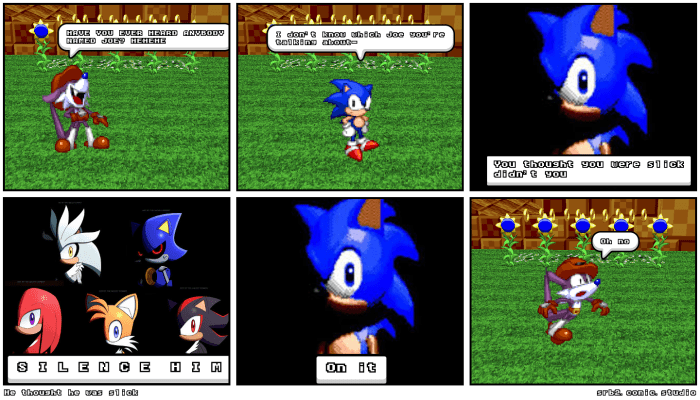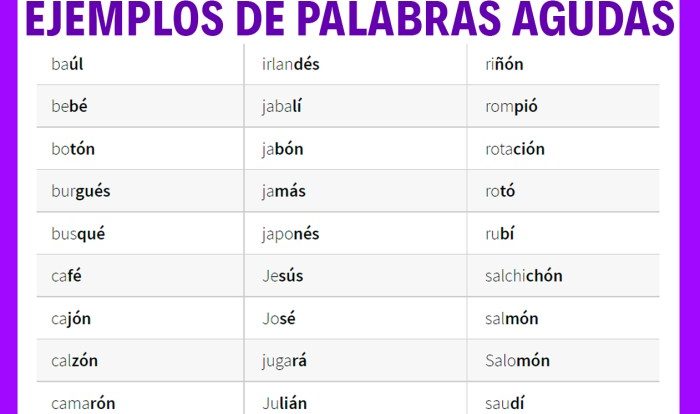S io credesse che mia risposta fosse – Embarking on an exploration of the enigmatic phrase “s’io credesse che mia risposta fosse,” this discourse delves into its multifaceted meanings, grammatical intricacies, and cultural significance. From its origins in Italian literature to its contemporary usage, this phrase invites us to unravel its complexities and appreciate its enduring relevance.
The phrase “s’io credesse che mia risposta fosse,” literally translating to “if I believed that my answer was,” holds profound implications in the Italian language. Its grammatical structure, employing the subjunctive mood, hints at a hypothetical or uncertain scenario, adding layers of depth to its interpretation.
Explore the context and meaning of “s’io credesse che mia risposta fosse”: S Io Credesse Che Mia Risposta Fosse

The Italian phrase “s’io credesse che mia risposta fosse” translates literally to “if I believed that my answer was”. It expresses a hypothetical situation in which the speaker doubts the validity or worthiness of their own response. This phrase is often used to convey a sense of uncertainty, humility, or even self-deprecation.
Historical and Literary References, S io credesse che mia risposta fosse
The phrase “s’io credesse che mia risposta fosse” has a long history in Italian literature and culture. It appears in the works of many famous poets and writers, including Dante, Petrarch, and Boccaccio. In Dante’s Divine Comedy, the phrase is used by the character of Virgil to express his doubt about whether he can adequately guide Dante through the underworld.
Cultural and Social Implications
The phrase “s’io credesse che mia risposta fosse” reflects a deep-seated cultural value in Italy. It is a reminder that even the most learned and experienced people should never be too sure of themselves. This phrase encourages humility and a willingness to listen to the opinions of others.
Analyze the Phrase’s Structure and Grammar

The phrase “s’io credesse che mia risposta fosse” is a complex conditional sentence in Italian. It consists of the following grammatical components:
- “s’io”is a conditional conjunction that means “if I.”
- “credesse”is the present subjunctive form of the verb “credere” (to believe).
- “che”is a conjunction that introduces a subordinate clause.
- “mia risposta”is a noun phrase that means “my answer.”
- “fosse”is the imperfect subjunctive form of the verb “essere” (to be).
The phrase is typically used in conditional sentences to express a hypothetical situation. In this case, the hypothetical situation is that the speaker believes that their answer is correct. The subjunctive mood is used to indicate that the situation is not certain.The
syntax of the phrase is as follows:“`if + conditional conjunction + present subjunctive + che + subordinate clause“`For example:“`S’io credesse che mia risposta fosse corretta, sarei felice.(If I believed that my answer was correct, I would be happy.)“`
Discuss the various interpretations of the phrase
The phrase “s’io credesse che mia risposta fosse” can be interpreted in several ways depending on the context and usage.One possible interpretation is that the speaker is expressing a lack of confidence in their own answer. They may not be sure if their answer is correct, or they may be afraid that their answer will not be well-received.Another
possible interpretation is that the speaker is being sarcastic or ironic. They may be saying that they do not believe their answer is correct, but they are saying it in a way that suggests that they actually do believe it.Finally,
the phrase could also be interpreted as a rhetorical question. The speaker may be asking the listener if they believe that the speaker’s answer is correct.The interpretation of the phrase will vary depending on the speaker’s perspective and the context in which it is used.
Context and UsageThe phrase “s’io credesse che mia risposta fosse” is often used in situations where the speaker is unsure of their own answer. They may be asking for confirmation from the listener, or they may be trying to avoid giving a direct answer.The
phrase can also be used in a more general sense to express a lack of confidence or uncertainty. For example, someone might say “s’io credesse che mia risposta fosse” if they are not sure if they are making the right decision.
Nuances and Subtleties of MeaningThe phrase “s’io credesse che mia risposta fosse” can convey a variety of nuances and subtleties of meaning.For example, the phrase can be used to express:*
- *Uncertainty
- *Lack of confidence
- *Sarcasm
- *Irony
- *A rhetorical question
The interpretation of the phrase will depend on the speaker’s tone of voice, body language, and the context in which it is used.
Compare the phrase to similar expressions

The phrase “s’io credesse che mia risposta fosse” conveys the idea of uncertainty or doubt about the validity of one’s response. It is often used to express a sense of humility or to avoid making a definitive statement. Similar expressions in Italian include:
- Se non sbaglio(if I’m not mistaken)
- A mio parere(in my opinion)
- Non ne sono sicuro(I’m not sure)
These expressions share a common element of uncertainty or doubt, but they vary in their level of formality and the specific context in which they are used. “S’io credesse che mia risposta fosse” is more formal than the other expressions and is often used in written or academic contexts.
“Se non sbaglio” is a more colloquial expression that is commonly used in everyday speech. “A mio parere” and “Non ne sono sicuro” are both used to express personal opinions or beliefs, but “A mio parere” is more assertive than “Non ne sono sicuro.”
Here are some examples of how these expressions are used in different contexts:
- S’io credesse che mia risposta fosse corretta, la scriverei subito.(If I believed that my answer was correct, I would write it down immediately.)
- Se non sbaglio, l’appuntamento è alle 15:00.(If I’m not mistaken, the appointment is at 3:00 pm.)
- A mio parere, la proposta è troppo costosa.(In my opinion, the proposal is too expensive.)
- Non ne sono sicuro, ma credo che sia una buona idea.(I’m not sure, but I think it’s a good idea.)
Illustrate the phrase’s usage in different contexts

The phrase “s’io credesse che mia risposta fosse” is a versatile expression that can be employed in a variety of contexts. Its meaning and interpretation can shift depending on the surrounding text and the speaker’s intent.
In Literature and Poetry
In literary works, the phrase often appears as a contemplation of the speaker’s own thoughts and feelings. It conveys a sense of uncertainty and self-reflection, as the speaker questions the validity of their own words.
“S’io credesse che mia risposta fosse / Una parola che ti possa aitare,
Non tarderei a dirla.” (Dante, Inferno)
In this excerpt from Dante’s Inferno, the speaker hesitates to speak, unsure if their words will provide any solace to the listener.
In Everyday Conversation
In everyday conversation, the phrase can be used to express doubt or skepticism. It implies that the speaker does not fully believe in the truth or accuracy of what they are about to say.
“S’io credesse che mia risposta fosse gradita, la direi volentieri.”
This statement suggests that the speaker is hesitant to share their opinion because they are unsure of how it will be received.
Impact of Context
The context in which the phrase is used plays a crucial role in determining its meaning and interpretation. In a literary context, it may convey a sense of introspection and uncertainty, while in everyday conversation, it can express doubt or skepticism.
Additionally, the tone of voice and body language of the speaker can further influence the meaning of the phrase. A hesitant or uncertain tone may suggest that the speaker genuinely doubts the truth of their words, while a confident or assertive tone may indicate that the speaker is simply being polite or diplomatic.
Question & Answer Hub
What is the literal translation of “s’io credesse che mia risposta fosse”?
If I believed that my answer was
How is the subjunctive mood used in this phrase?
To express a hypothetical or uncertain scenario
In what contexts is this phrase commonly used?
Literature, poetry, everyday conversation
